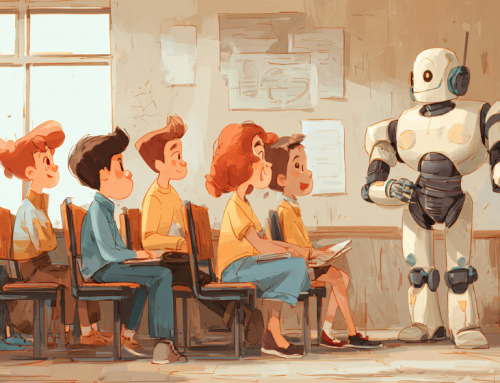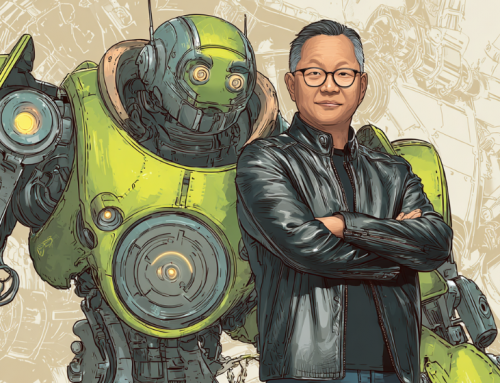
Robo-surgeons may be the next common advance in complicated operations.
Robots Act More as Assistants than Surgeons
While robots will be doing surgery more frequently in British hospitals ⎯they won’t be replacing human doctors any time soon, according to a story in The Telegraph. Instead, doctors will still be in charge of operations, but robot “assistants,” or computer-aided tools will enable doctors to achieve more precise and delicate tasks in surgery than any human hand imaginable. By using these computer-driven assistants, operations are likely to be far less invasive, requiring less recovery time. Instead of a long incision scar, some patients will have a scar only about the size of a penny.
One example of a traditionally invasive surgery, bladder removal and reconstruction, will be far less stressful on the patient with a shorter recovery time by using the latest in programmed medical assistance from two da Vinci Xi robots, created by California-based Intuitive Surgical.
Open surgery bladder removal and reconstruction–historically, an invasive procedure–would have involved a 7-inch incision along Dolukup’s stomach, leading to blood loss, the threat of infection and a three-week spell in hospital. But, thanks to the delicate hands and precise scalpelwork of a robot controlled by a trained surgeon, he will be up and walking the next day and out of the hospital within a week. Dolukup will also be left in considerably less pain, with a prescription for paracetamol more likely than opioids.

Steadier hands and precise surgery lead to better results.
In the past 11 years, the National Health System in England has introduced 74 surgical machines into the system. Since 2007, the machines have helped perform a variety of complicated operations, with doctors still controlling everything.
“People think of a robot coming in and doing surgery,” says Prof Kelly of the Royal Marsden, “The surgeon actually moves the instruments just as you would in open surgery. But you do it through a console that gives you much finer control and precision.”
After UCLH purchased its first da Vinci robot in 2008–at the cost of £1.7 million (or $2.3 million)–it was set to work removing cancer patients’ prostates and bladders. Ever since, it has been in such high demand that Sundays are its only day off. By the time the department bought its second machine last year, the price tag had halved. That’s an even more impressive point to make for the cash-strapped NHS. Robotic surgery will lower the cost of a number of surgeries around the world.







Leave A Comment